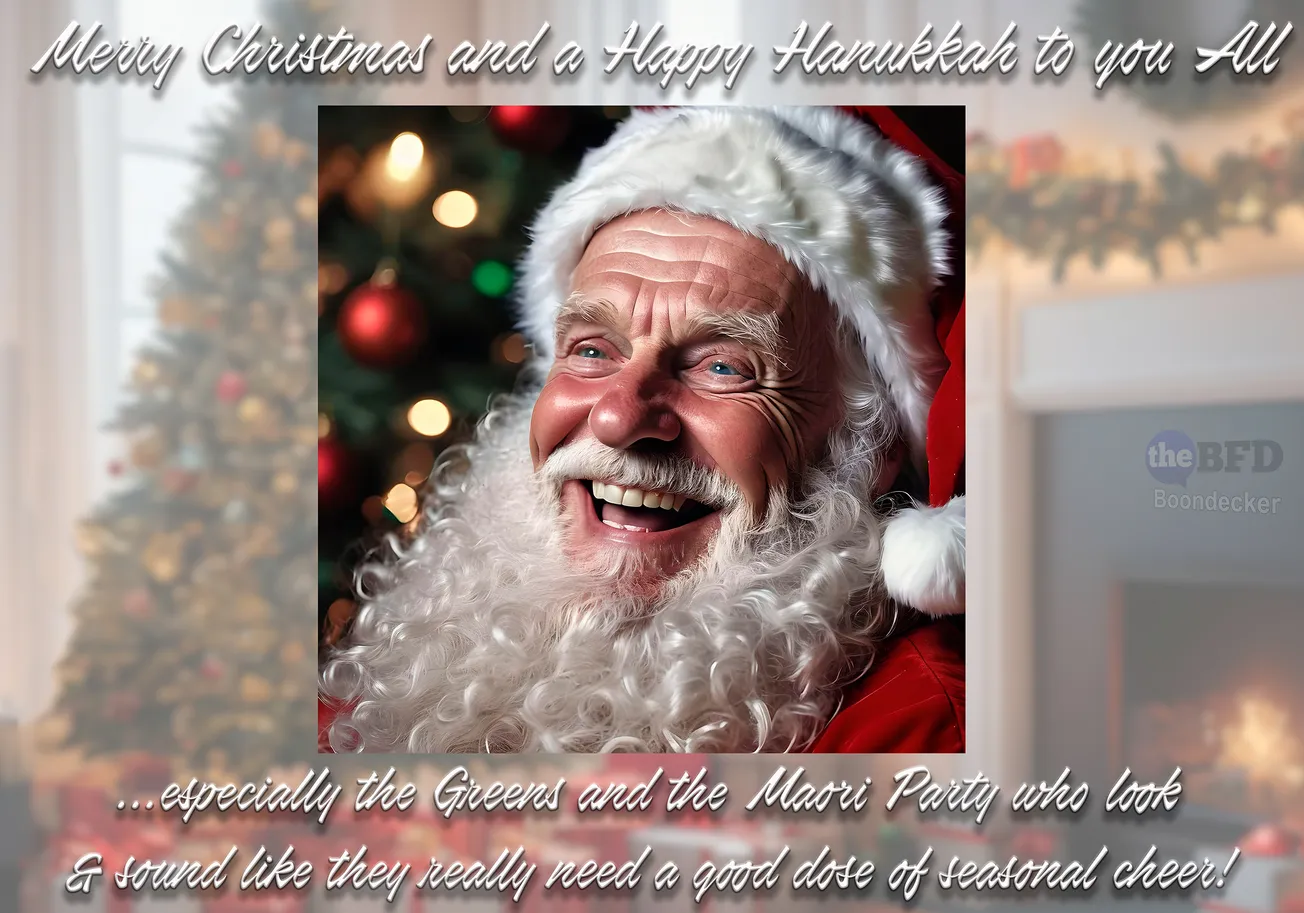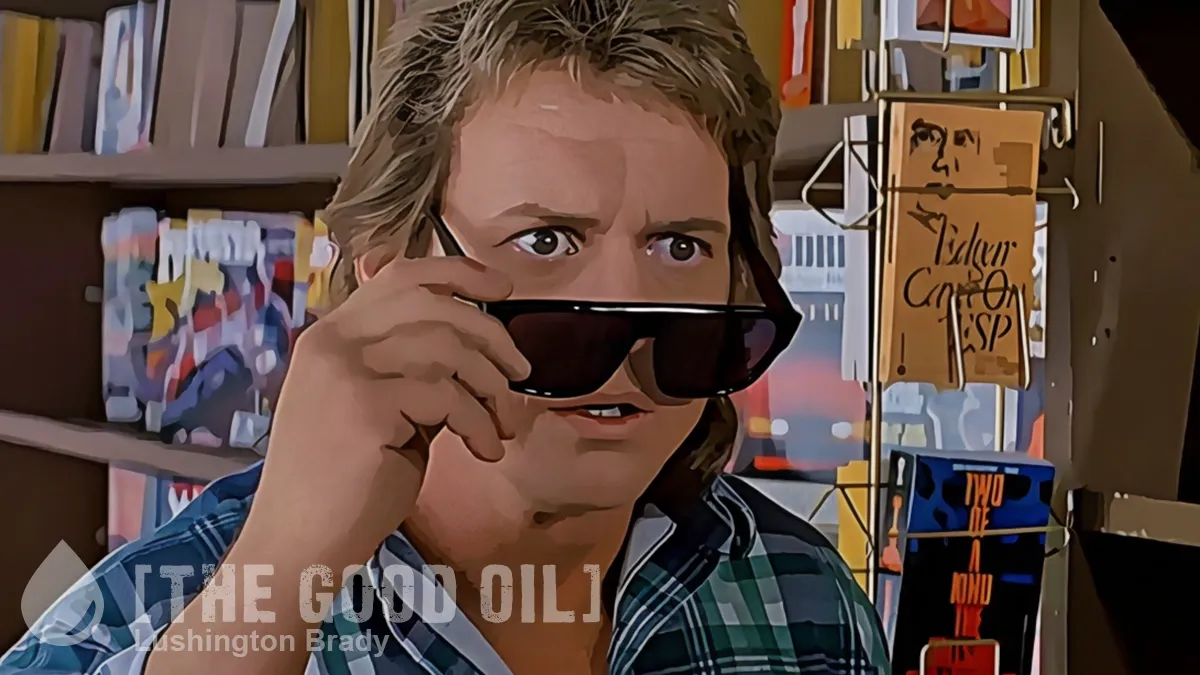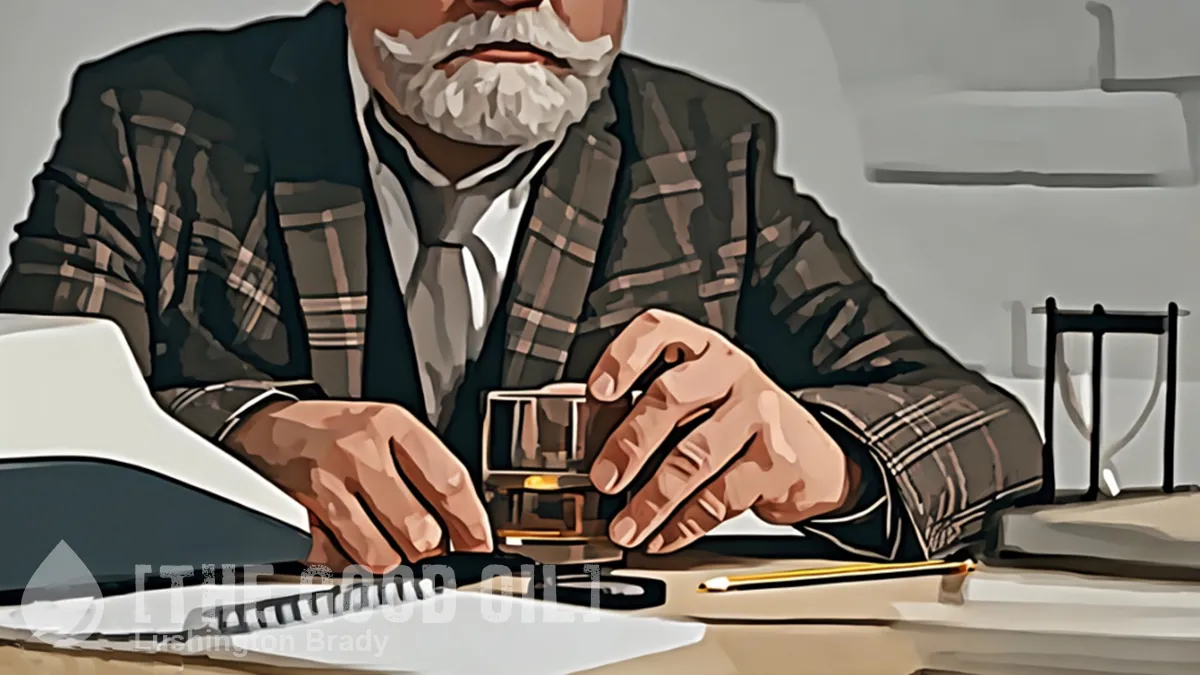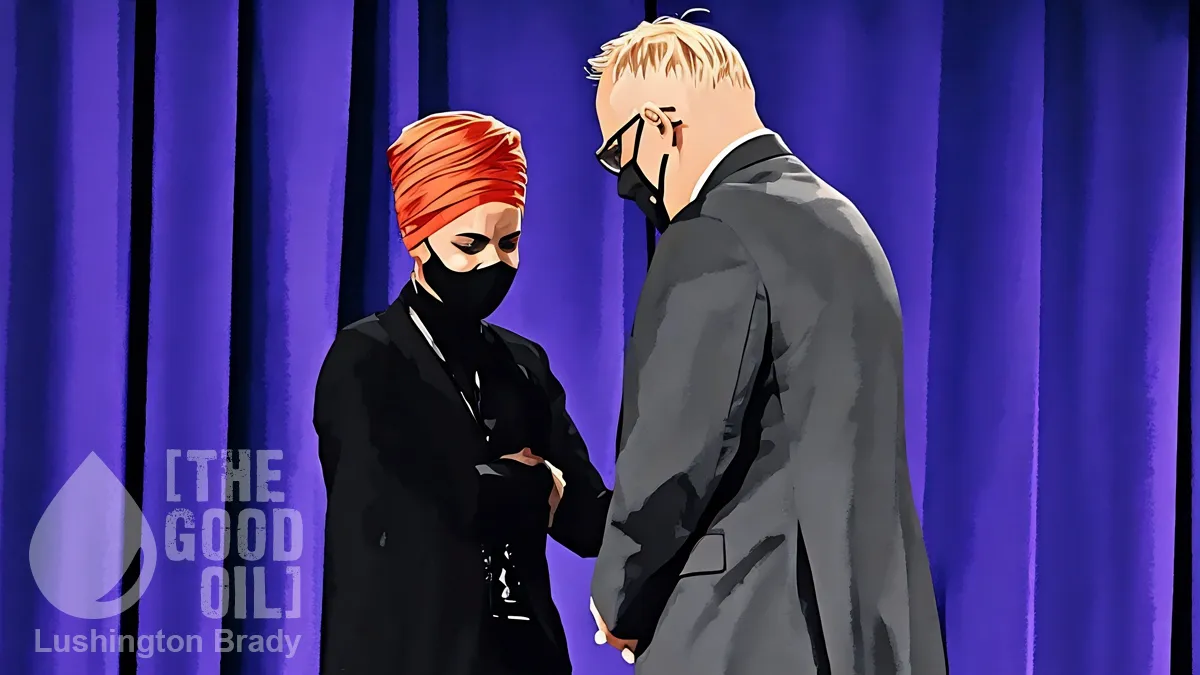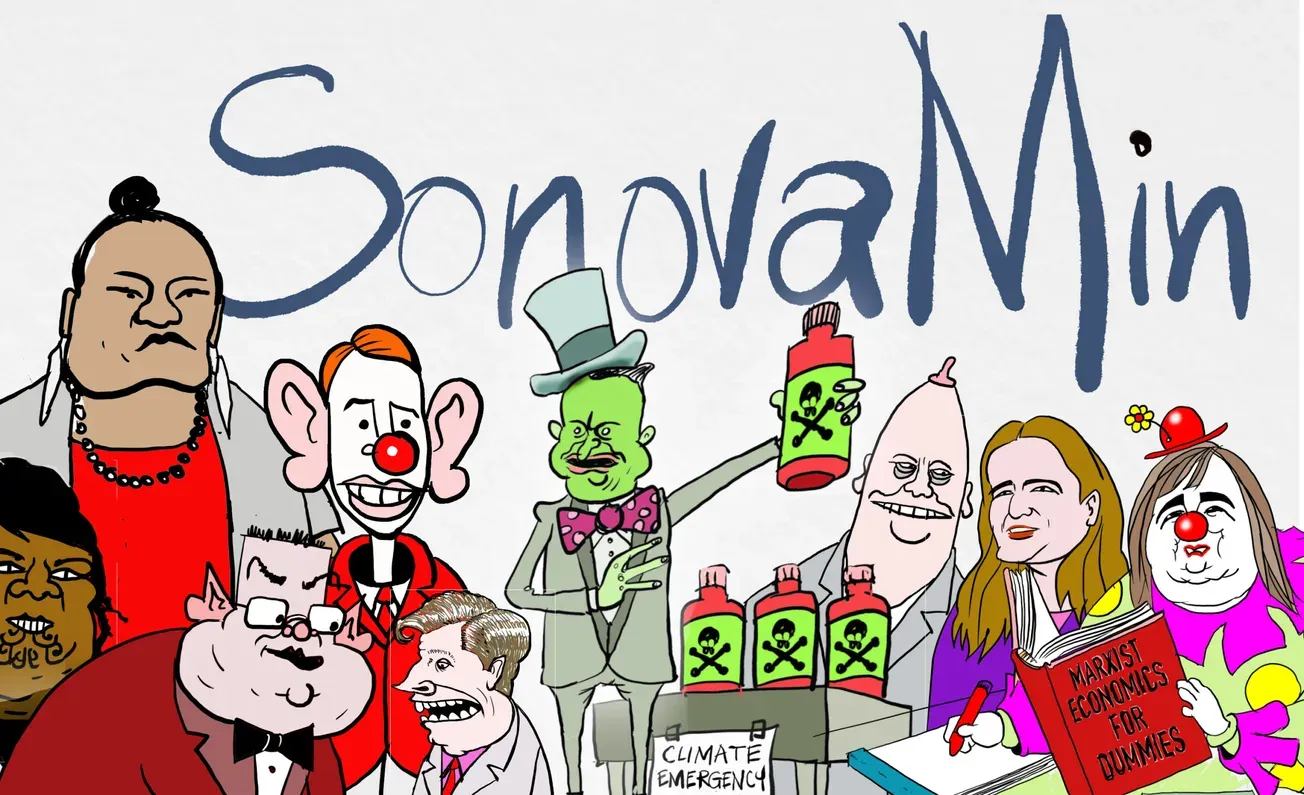Table of Contents
Karl du Fresne
karldufresne.blogspot.com
I received an email the other day from a friend, a retired journalist and self-described bleeding-heart lefty (most journalists lean to the left, though the good ones don’t let it influence their work), who complained that political correctness was sucking all the fun out of life.
Actually, I don’t think the clichéd phrase “political correctness” is adequate to describe what’s happening in New Zealand in 2021. Political correctness was a phenomenon whose absurdities were so obvious that we could safely ridicule them.
Being PC was mostly about superficial stuff: saying the right thing and putting on ostentatious displays of cultural or gender sensitivity. But what’s happening now is far more complex, deep-seated and unsettling. We can no longer simply laugh it off.
Real rights are under threat – for example, property rights, the right to fair and equal democratic representation and, crucially, the right of free speech. Mere political correctness, of the type we used to scoff at, now looks almost benign.
Identity politics, the culture wars, neo-Marxism, wokeness …these terms get closer to describing what’s going on. But none quite captures the scale and pace of the current upheavals in politics and culture.
To cite just a few obvious examples:
- The Three Waters project, which represents a massive centralisation of power, seizure of community-owned assets and erosion of local democracy;
- Vaguely defined “hate speech” laws, promoted under the dishonest pretext that they might have prevented the Christchurch mosque massacres;
- Political control of the media via the Public Interest Journalism Fund (or as I prefer to call it, the Pravda Project) and the opportunistic creation – taking advantage of privately owned media’s weakened position in the digital era – of a new, state-owned media behemoth through the proposed merger of RNZ and TVNZ;
- Proposals for 50-50 Maori co-governance and control over public assets and resources, which would turn fundamental concepts of democracy on their head;
- Punitive taxes on economically indispensable farmers’ and tradies’ work vehicles, with corresponding subsidies for affluent (and Labour-voting?) urban buyers of electric cars;
- Attacks on supposed white privilege and the rewriting of our national story, complete with indoctrination of school pupils through an ideologically loaded history curriculum;
- Violation of property rights through the Significant Natural Areas provisions in the Resource Management Act;
- The relentless promotion of Maori place names and te reo, unsanctioned by any semblance of public mandate.
I could go on, but you get the picture. This is a government that has raced way too far ahead of the people who voted for it and way too far ahead of its own competence.
New Zealand has had transformational governments before: Richard Seddon’s Liberals in the 1890s and early 1900s, Labour under Michael Joseph Savage in the 1930s, Rogernomics in the 1980s (note, never under National, the party of the status quo). But the current government is pushing through arguably the most radical transformation programme ever, and it’s happening at such speed that people are barely able to catch their breath.
Few if any of the voters who threw their support behind Jacinda Ardern and Labour in last year’s election realised they were effectively giving the green light to a grand ideological project.
They thought they were rewarding Ardern for her assured leadership through the mosque massacres and Covid-19 crisis, and at the same time sending a message to a fractious and enfeebled National Party to sort out its act. In politics, however, there’s no Customer Guarantees Act that allows you to demand a refund when the product you bought isn’t the one advertised.
But back to my retired journalist friend. Among other things, he was concerned about the characterisation of our history as a shameful chronicle of white supremacy, oppression and exploitation.
There is a balanced, nuanced debate to be had about colonisation and its effects, but it’s not happening. A truly honest debate would acknowledge that while Maori suffered damaging long-term consequences, they also benefited. The abolition of slavery, endless tribal warfare and cannibalism must surely count for something.
An honest debate would also acknowledge that race relations in New Zealand have mostly been harmonious and respectful – a fact attested to by the number of Maori activists with European features and Anglo-Saxon surnames.
Now here’s the thing about my journalist friend. By disposition he’s left-leaning. Run the standard check list of defining historical issues past him – the Vietnam War, the 1981 Springbok tour, homosexual law reform – and he ticks all the correct boxes. So why is he alarmed?
It’s partly the sheer pace of change – he uses the word “reckless” – and the fact that the public is being given little chance to adjust. “I just wish she [Ardern] would slow down so as not to alienate traditional and swinging supporters,” he writes.
I’ve heard similar sentiments expressed by other friends whose normal inclination is to support Labour. Underlying their concern is a sense that the country is being radically re-invented without public approval, or even a proper debate.
When former union leader and political activist Matt McCarten joins the Free Speech Union because he’s concerned for the health of democracy, you just know the political planets are undergoing an unusual realignment.
The standard, sneering response from the so-called “progressive” left – let’s call them the “new” left to differentiate them from people like my friend – is that resistance to the government’s agenda is coming mainly from ageing white men like me. We’re supposed to get out of the way and shut up.
Woke people call us dinosaurs and reactionaries, but the counter-argument is that age gives you a loftier vantage point from which to survey the past and judge the present. To put it another way, it gives us a deeper appreciation of what we (and by that I mean all of us) stand to lose.
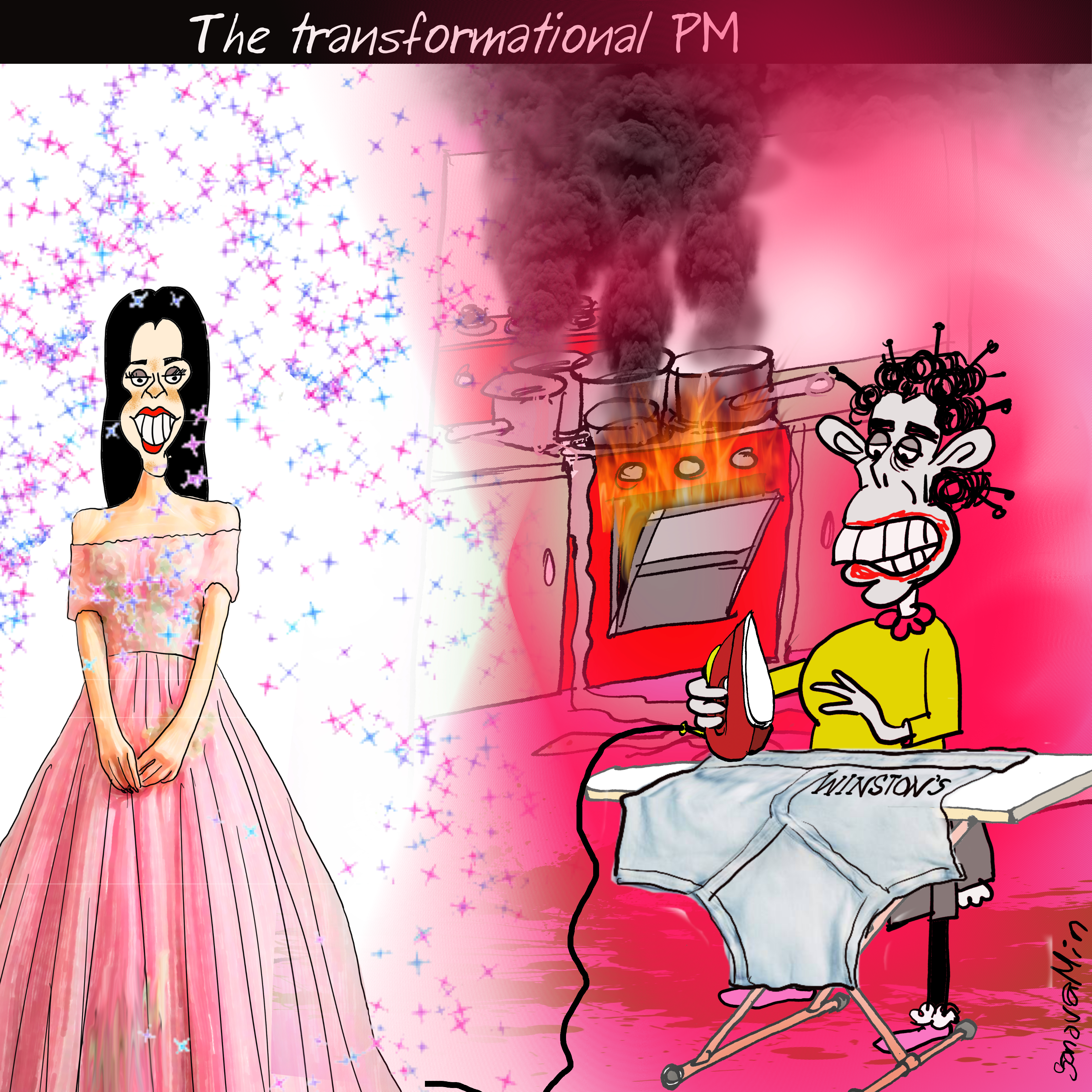
Please share so others can discover The BFD.


